The 4 Steps of Data Management in a Traceability Project

Undoubtedly, in any traceability and impact measurement project, data and its management take center stage. With evolving legislative frameworks and increasingly demanding stakeholder expectations, leveraging supplier and product information is crucial like never before.
Each phase of data management demands meticulous attention to ensure the accuracy and quality of the information collected, and security.
But what are these stages exactly? What role does Fairly Made® play in this data and traceability journey, and what results does it yield?
Input from Brand Partners
As we initiate collaboration, we receive datasets with vital product and supplier information. Utilizing APIs ensures a seamless flow of information at the beginning of the traceability project. Interacting with systems like Centric Software helps us bolster our tech ecosystem.
To date, we have traced over 150 million products and cataloged more than 80,000 components in our database.
Supplier Data Collection
Central to our approach is the Fairly Made® supplier interface, designed collaboratively with supplier feedback for effectiveness. We maintain a growing base of 13k suppliers contributing to our repository.
A high supplier response rate (70%) is facilitated by our support through webinars and tutorial videos. AI aids in detecting duplicate suppliers, enhancing data accuracy.
.png)
Data Verification
Upon receiving supplier data, rigorous checks are conducted using automated validation algorithms. Geographical and technical checks ensure compliance and data integrity. Peer-to-peer validation further enhances reliability.
So far we have collected 23k certifications. Integration of international identifiers such as DUNS from Altares facilitates cross-referencing and validation.
Analysis & communication
Utilizing a data-driven methodology like Life Cycle Assessment (LCA), we thoroughly analyze the environmental and social impacts of each product. This approach incorporates 16 PEF indicators sourced from databases such as Empreinte and EcoInvent.
LCA's precision and depth are enhanced by the use of directly collected supplier data, enabling us to conduct detailed and accurate assessments of environmental and social impacts.
To enable consumers to make better-informed decisions, we have implemented QR codes on 35,000 products.
Ownership of Data
At Fairly Made®, we are committed to upholding data ownership principles. Suppliers have the right to access the data they supply.
Likewise, primary data provided by brand partners belongs exclusively to them.






.png)

.svg)